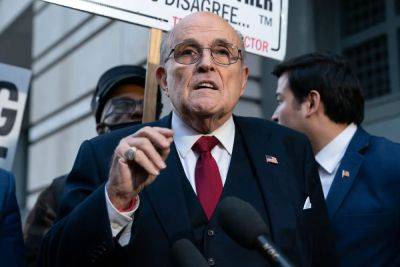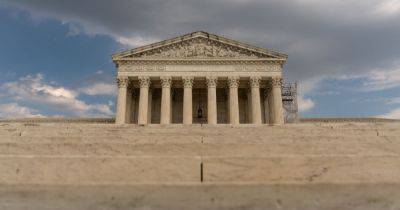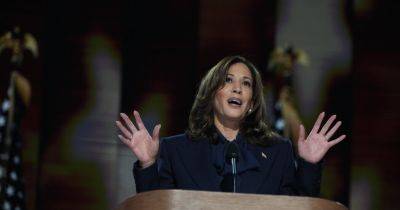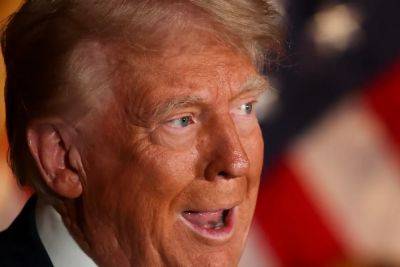Whistle-Blower Groups Push to End Secret Seizure of Congressional Communications
As President Donald J. Trump hunted for people inside the government who were divulging details of an investigation into whether his 2016 election campaign colluded with Russia, the Justice Department turned to a covert tactic.
Beginning in 2017, department officials secretly collected the phone and email records of roughly a dozen people connected to Congress, including lawmakers and aides who routinely deal with anonymous whistle-blowers, in an effort to see who might be coming forward with confidential information.
Some of the aides, from both political parties, learned only recently that their communications were collected, because the government for years hid the existence of the subpoenas with nondisclosure orders.
Now, whistle-blower advocacy groups are trying to pry more information out of the Justice Department, through court filings and public records requests, in the hopes of shaming the agency into ending the practice of secretly collecting congressional communications records.
Critics say it is not just the privacy of the aides at stake, but also Congress’s ability to carry out its oversight role. In large part, that role depends on a confidential channel of communication with government whistle-blowers who report wrongdoing or internal failures.
“Blanket subpoenas for anybody who’s communicated with an office that may be conducting adversarial oversight — it’s a severe threat to institutional constitutional checks and balances,” said Tom Devine, the legal director of the nonprofit Government Accountability Project, a whistle-blower protection group. “It’s a severe threat to whistle-blowers who want to share their evidence in Congress, and is likely to have a chilling effect.”







